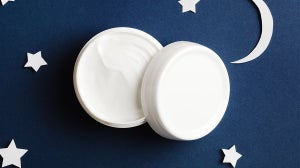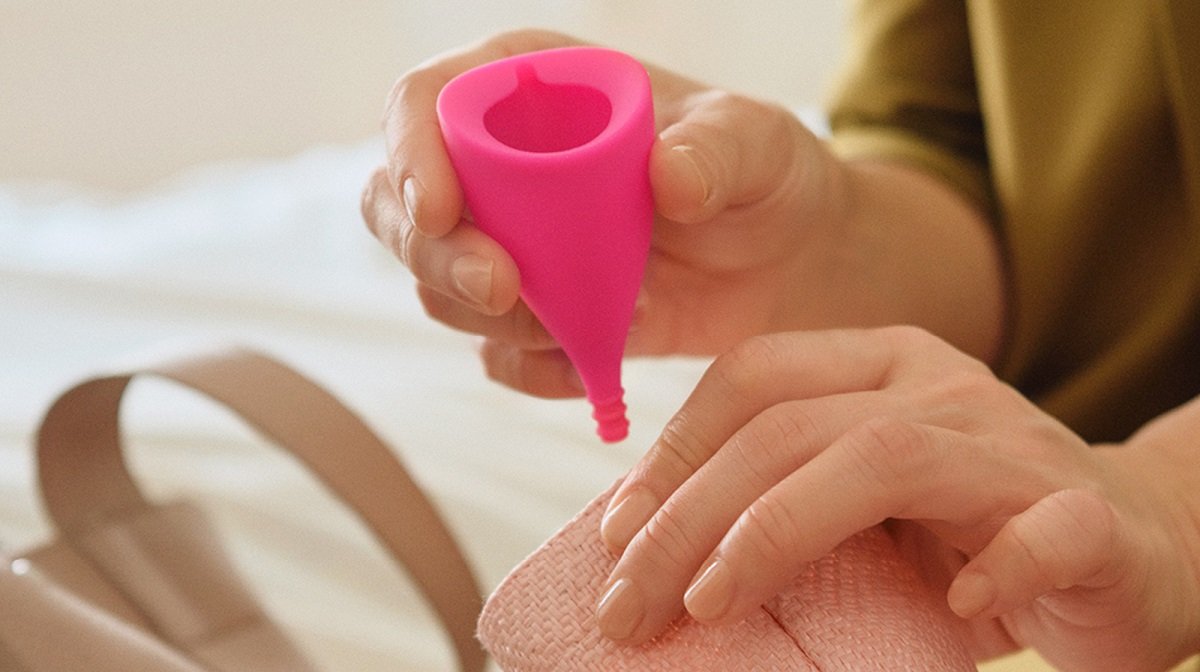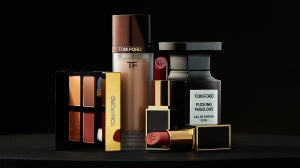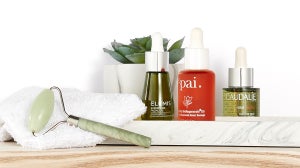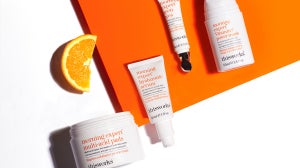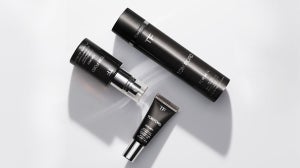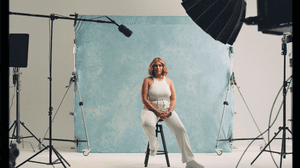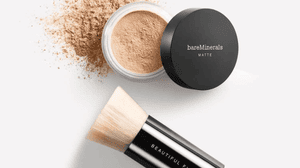
Despite the fact that the average vulva owner will spend around 6.25 years of their life menstruating*, periods are still thought of as a taboo topic. "Damaging language is a big reason for the taboo around fertility. As it stands, 58% of menstruators feel embarrassed by their period, which is an unacceptable statistic in this day and age - menstruators spend 3,000 days on average across their lifetimes menstruating" explains Hannah Samano, Founder of Unfabled. "Period care is something that's still taboo" agrees Dr Annice Mukherjee, Hormone Specialist. "(It's) something we need to talk about, more importantly to raise awareness of sustainability" she stresses.
"The use of conventional, disposable menstrual sanitary products can negatively impact the environment" says Dr Mukherjee. "Therefore, responsibly made products with a reduced carbon footprint are more critical today than ever. Appropriate disposal facilities are also essential." she explains.
How to make your period more sustainable
Ditch the single use products
According to Hannah "Single-use products (so products that are designed to be used once then destroyed) are responsible for 200,000 tonnes of waste a year in the UK alone. Mainstream menstrual pads and tampons tend to contain plastic, and typical pads can be made 90% of plastic and can take up to 1000 years to decompose!". To cut down on the waste you produce on your period, try switching to a re-useable product or even a biodegradable one which has less negative impact on the planet.
Use a reusable period product
There are a number of options when it comes to re-useable period product. Not only do these help save money in the long term, but they also cut down waste. The below options are now widely available to buy:
- Menstrual cups - often made of body-safe silicone, menstrual cups come in different sizes and sit inside the vagina the same way a tampon would. The cup catches the blood and is then removed and washed for reuse.
- Reusable period pads/liners - working in the exact same way as the plastic made pads that most of us are more familiar with, these fabric liners can be found with drying and anti-bacterial technology and can be simply thrown in the washing machine after use.
- Period pants - cutting out the middle man, period pants are ultra absorbent underwear designed for even heavy flows. Just like your usual underwear, these sustainable alternatives can be washed in the washing machine.
As Hannah points out, "every single menstruating body is different, and some people may have trauma around certain products, or simply don't want to use internal products" so it's important to find the one that suits your body and lifestyle".
Go organic
If re-usable products aren't for you, the good news is there are still some disposable products that are more eco-friendly. "Not all disposable period products are bad - you can switch out mainstream disposable period products for natural, biodegradable ones" says Hannah. Instead of buying plastic pads and tampons, she suggests looking for ones made with 100% organic bamboo and products that come in biodegradable or plant-based packaging. "These products can last up to a decade depending on the product, producing less waste and making for a cleaner planet" Hannah points out.
Dispose of your period products properly
"Flushing those disposable products down the toilet is very commonplace in the UK and it’s estimated that 1.5-2 billion tampons, applicators and pads are flushed every year. This waste enters the sea, causing harm and even killing sea creatures, every single day. It’s so important that we raise awareness about the many ways you can have a more eco-friendly period" explains Hannah. Instead of flushing your tampons down the toilet, wrap it in either toilet roll or the packaging of your next tampon and dispose of it in the bin to reduce the effect on marine life.
*SOURCE: Pandiahealth.com, 2021 The True Cost Of Menstruation, May, 2021.

Related Articles
